Water heated towel rails bottom connection
Corrosion of the towel dryer or why grounding is necessary PDF (721Kb)
Corrosion of the towel dryer or why grounding is necessary?
Stainless steel grade AISI 304 that “Terminus” products are made from is durable and rust-proofmaterial. Service life of stainless steel may last for decades, but there is a set of unfavorableconditions that may shorten the service life of steel.As the hot water towel dryer is connected to a heating system (or DHW supply) the water quality isof high priority for its operation. High oxygen and mineral matter concentration in water negatively affects the steel structure. However stray-current poses the major hazard for the dryer surface. Proper grounding of the towel dryer allows eliminating the major reason of stainless steel corrosion – the occurrence of overcharge. Let us find out what electrochemical corrosion is and where does stray-current come from? Reasons of occurrence of stray-current corrosion It is assumed that alloyed steel is corrosion proof. This is indeed the case. But under certainconditions anticorrosion properties of the stainless steel weaken. Presence of air particles in the water may in no way harm the stainless steel pipe, on the contrary, chromium oxide is a primary element of rust protection – it appears on the surface of stainless steel exactly by means of a contact with oxygen-enriched environment. But if an electric charge is “attached” to oxygen – electrochemical reaction is inevitable. Steelwork below ground is subject to two types of corrosion – galvanic and stray-current corrosion. Galvanic reaction occurs between two incompatible materials. This type of interchange between more constant and more active metal happens by means of potential difference. Usually more active alloy is disintegrated. Example of galvanic corrosion is stainless steel failure at contact with ferrous materials or aluminum. Electrochemical reaction likewise is a result of different electric potentials, i.e. some sort of galvanic impact enhanced by presence of electric charge.
The following reasons for occurrence of stray-current are distinguished:
• absence or improper formation of an earth loop;
• replacement of metal pipes of the water riser with reinforced-plastic pipes without successive grounding (conductor circuit break);
• vicinity to electrified tracks (tram lines, railways) that are being improperly serviced;
• accidental dissipation of current from electrically-conductive lines.
Excess electric charges may be avoided by means of duly formed and integral ground contact.
Sample for sale/Towel Warmer Garda C13-396x1400
In the set : Holder-4pcPlug-1pcAir vent-1pcTechnical information:Width: 390 mmHeight: 1400 mmPower: 503 WWeight: 13.6 kgWater capacity: 5 lNumber of crossbars: 13Connection at the bottomInner thr..
Towel heater CLASSIC 600x430-5, Black
Product Description:The towel warmer is designed for drying wet towels and clothing. It can be integrated into either a room heating system or a hot water supply system. The towel warmer is made of st..
Towel heater CLASSIC 600x530-5, Black
Product Description:The towel warmer is designed for drying wet towels and clothing. It can be integrated into either a room heating system or a hot water supply system. The towel warmer is made of st..
Towel heater CLASSIC 800x530-7, Black
Product Description:The towel warmer is designed for drying wet towels and clothing. It can be integrated into either a room heating system or a hot water supply system. The towel warmer is made of st..
Towel heater Classic C5 400x600-1/2" Varmiko
Towel heater for heating and open system, bottom connectionManualIncluded:Plug - 1 pc, Plug with air vent - 1 pc, installed on the towel heater.Telescopic mount with dowel and self-tapping screw - 4 p..
Towel heater Classic C5 500x600-1/2" Varmiko
Towel heater for heating and open system, bottom connectionManualIncluded:Plug - 1 pc, Plug with air vent - 1 pc, installed on the towel heater.Telescopic mount with dowel and self-tapping screw - 4 p..
Towel heater Classic C7 500x800-1/2" Varmiko
Towel heater for heating and open system, bottom connectionManualIncluded:Plug - 1 pc, Plug with air vent - 1 pc, installed on the towel heater.Telescopic mount with dowel and self-tapping screw - 4 p..
Towel heater GRACE 750x430-15, Black
Product Description:The towel warmer is designed for drying wet towels and clothing. It can be integrated into either a room heating system or a hot water supply system. The towel warmer is made of st..
Towel heater GRACE 940x530-19, Black
Product Description:The towel warmer is designed for drying wet towels and clothing. It can be integrated into either a room heating system or a hot water supply system. The towel warmer is made of st..
Towel Warmer HENDRIX 532x600/500-1/2" C6
In the set : Holder-4pcPlug-1pcAir vent-1pcTechnical information:Manifold center: 500mmHight: 600mmWidth: 532mmWeight: 5,6kgWater content: 2,2LOutput: 179WTERMINUS towel rail advantagesLargest to..
Towel Heater AURORA 400x750-1/2" C15
Heated towel rail for open (if grounded) and closed systems, stainless steelIn the set : Holder-4pcPlug-1pcAir vent-1pcTechnical information:Manifold center: 400mmHight: 750mmWidth: 432mmWeight: ..

-220x220.png)
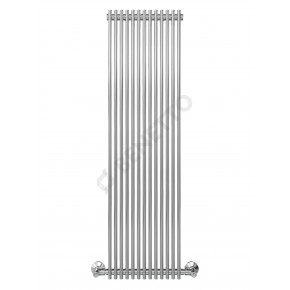
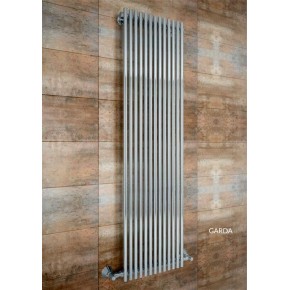
%20(2)-290x290.jpg)

_2-290x290.jpg)
_2-290x290.jpg)

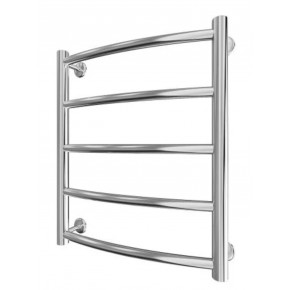
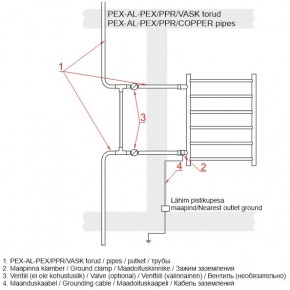
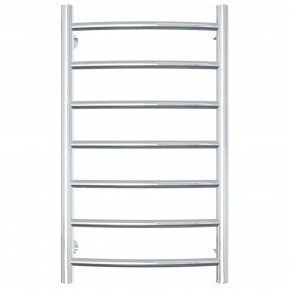
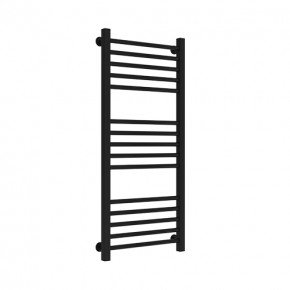


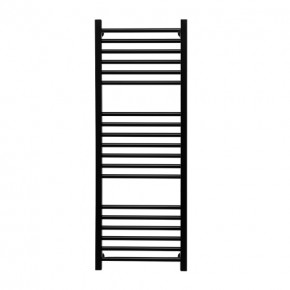
-290x290.png)
-290x290.png)
-290x290.png)
-290x290.png)